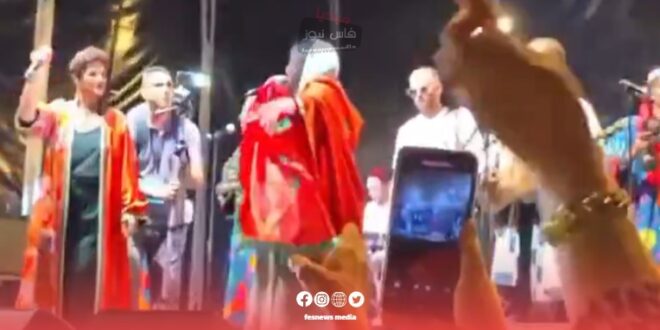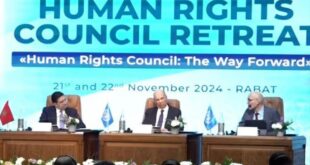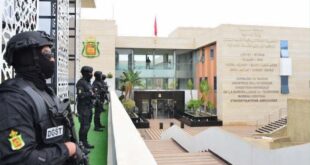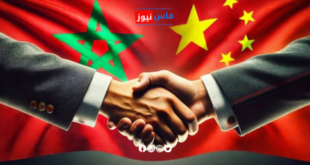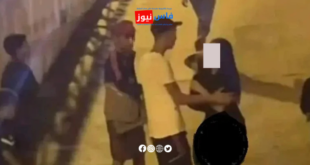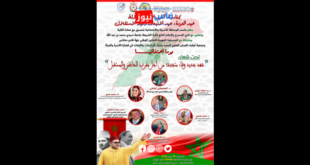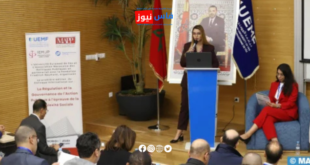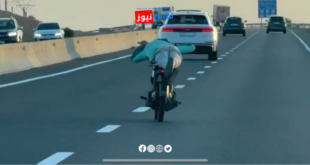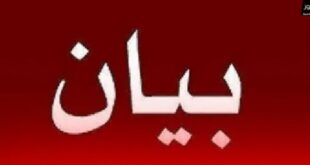The decision by Mohamed Gnabaly, the Green Party mayor of Île-Saint-Denis, to close the Morocco pavilion in the fan zone near the Olympic Village has sparked widespread debate in political and cultural circles.
This decision came after Moroccan Sahrawi singer Saida Charaf expressed her happiness with France’s decision to recognize Moroccan sovereignty over the Sahara. Mayor Gnabaly confirmed via his Instagram account that the decision to close the Moroccan pavilion was linked to the appearance of the Moroccan Sahrawi artist and her support for the Moroccanness of her native region.
A published photo showed Mayor Gnabaly alongside Algerian Ambassador Said Moussi and French MP of Algerian origin Akli Mellouli, a member of the France-Algeria Friendship Group in the Senate, who also condemned France’s recognition of Moroccan sovereignty over the Sahara.
It’s worth noting that the Morocco pavilion was the only one closed in the fan zone, raising questions about the motives behind this decision. Observers view this action as further evidence that Green Party deputies and other left-wing formations continue to oppose France’s sovereign decision to recognize Moroccan sovereignty over the Sahara.
It should be noted that Mayor Gnabaly, known for his multicultural background, has been accustomed to hosting iftar tables that combine Algerian cuisine, his wife’s country of origin, and Senegalese, his native country.

This event comes at a sensitive time, as diplomatic relations between Morocco, France, and Algeria are experiencing rapid developments. The decision is expected to spark further discussions about freedom of expression and cultural representation in public events.
The closure of the Morocco pavilion, reportedly due to a performance by a Moroccan Sahrawi singer supporting her region’s Moroccanness, highlights the ongoing political sensitivities surrounding the Western Sahara issue. It also underscores the complex interplay between local politics, international relations, and cultural expression in France, particularly in the context of the upcoming Olympic Games.
 فاس نيوز ميديا جريدة الكترونية جهوية تعنى بشؤون و أخبار جهة فاس مكناس – متجددة على مدار الساعة
فاس نيوز ميديا جريدة الكترونية جهوية تعنى بشؤون و أخبار جهة فاس مكناس – متجددة على مدار الساعة

